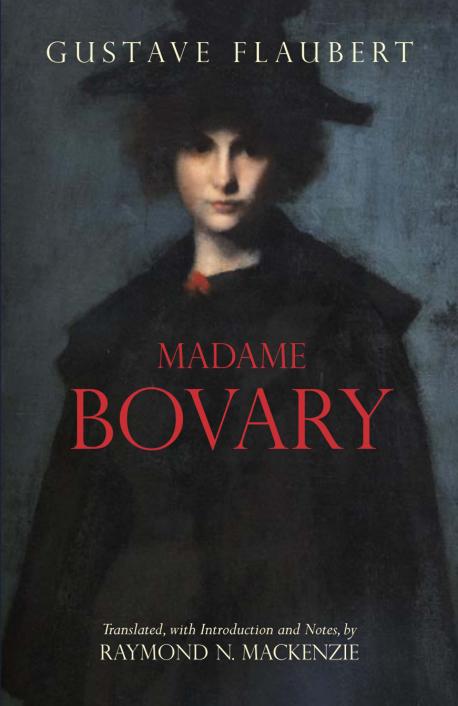
And similarly with the story, it was easy to guess that Madame Bovary would make the same sort of mistakes over and over throughout the novel, never really learning her lesson, and that is exactly what happened. Everyone else was more or less static upon reaching adulthood. Honestly, that biggest point of character development I saw was Charles Bovary’s utter misery after the death of his wife. The characters were who they were (yes, much like ourselves) and they remained trapped in their cycles of suffering. Maybe then I just don’t like something so strictly realistic. I know, it’s realism, and real life isn’t full of plot twists and epiphanies. That was all good stuff, really impressive even.īasically, though, I wanted more development of both the characters and the story. And, of course, Madame Bovary’s character encapsulates so well that romantic drive for further passion, the sense that something better than what you have is always out there, and the harsh reality of the actual in opposition to your ideal. Plus it’s clear that the novel has a huge amount of historical importance (as a major father figure in the lineage of realistic fiction). ( )Īfter having thought about this one a bit more, while Madame Bovary is a great work, I think it was just not a great fit for me when I read it.Īs everyone says, the sentence construction is exquisite, and I really like Flaubert’s tactic of matching the prose style to the events of the narrative and the characters’ thoughts (e.g., flowery in romantic moments, quick in dramatic ones, and languid in moments of boredom). There was no 'simpler time.' People are the same everywhere, and always have been. You read it, and it takes you back to another century, when things were supposedly simpler, and you discover characters experiencing the same human elations and sufferings that we experience today. But I'm glad I didn't stop! It's worth it to read to the end, to watch the tragedy unfold in such exquisite detail.īut this is perhaps the reason to read the book: it's a blueprint.

There are too many Emma Bovary's in our culture, now: Carmella Soprano, Betty Friedan, the desperate housewives, that one woman in that movie you saw. One point of caution: I found the story to be almost 'ho-hum' at certain points. His writing is wonderful throughout the book, but you don't really come to appreciate it until you're fully invested in the characters. Gustave takes his time pulling you into the story, but by 150 pages in things are zinging right along.

As the preface of my edition puts it, it's the 'first sex and shopping novel.' What could I possibly say about Madame Bovary that hasn't been said? It's a classic.


 0 kommentar(er)
0 kommentar(er)
